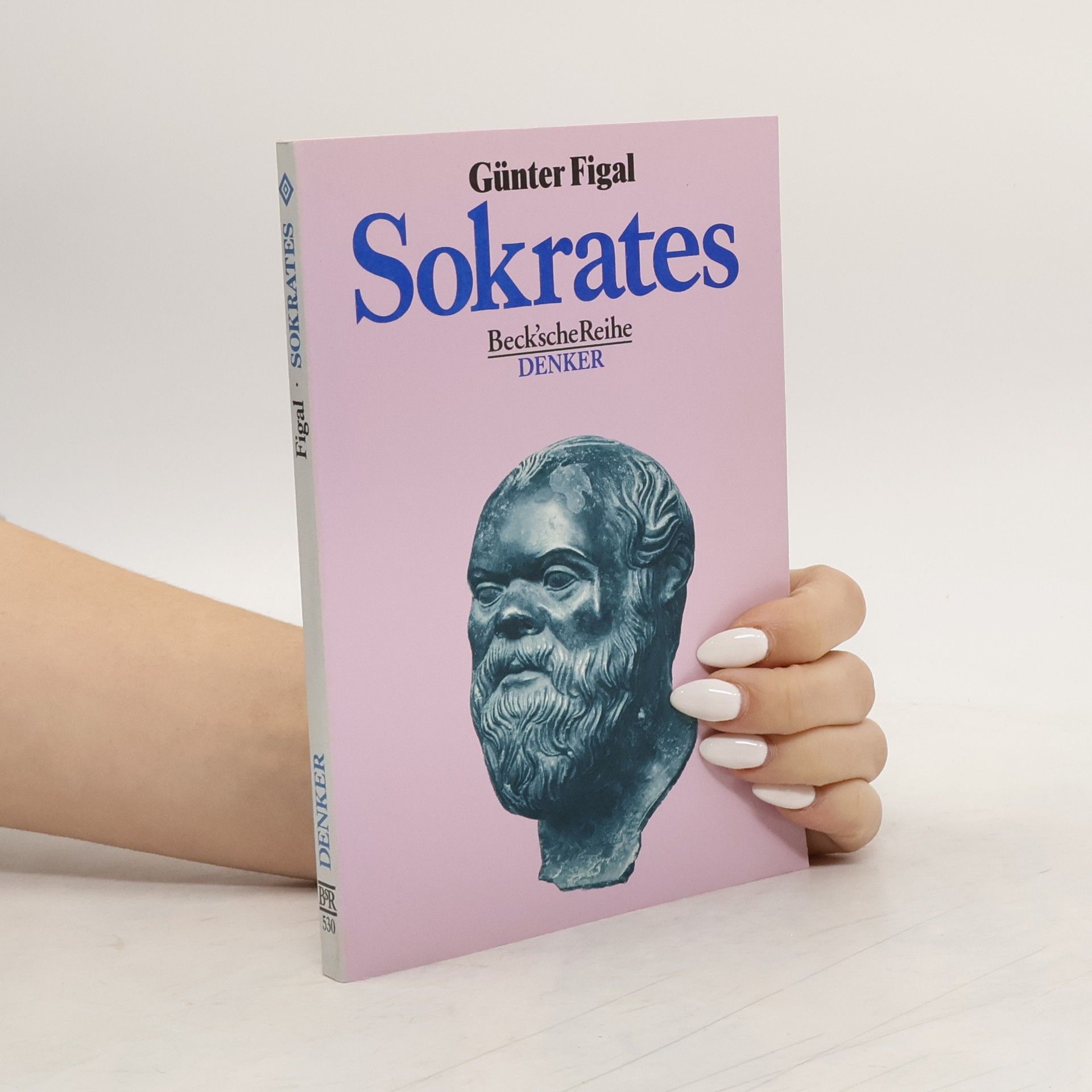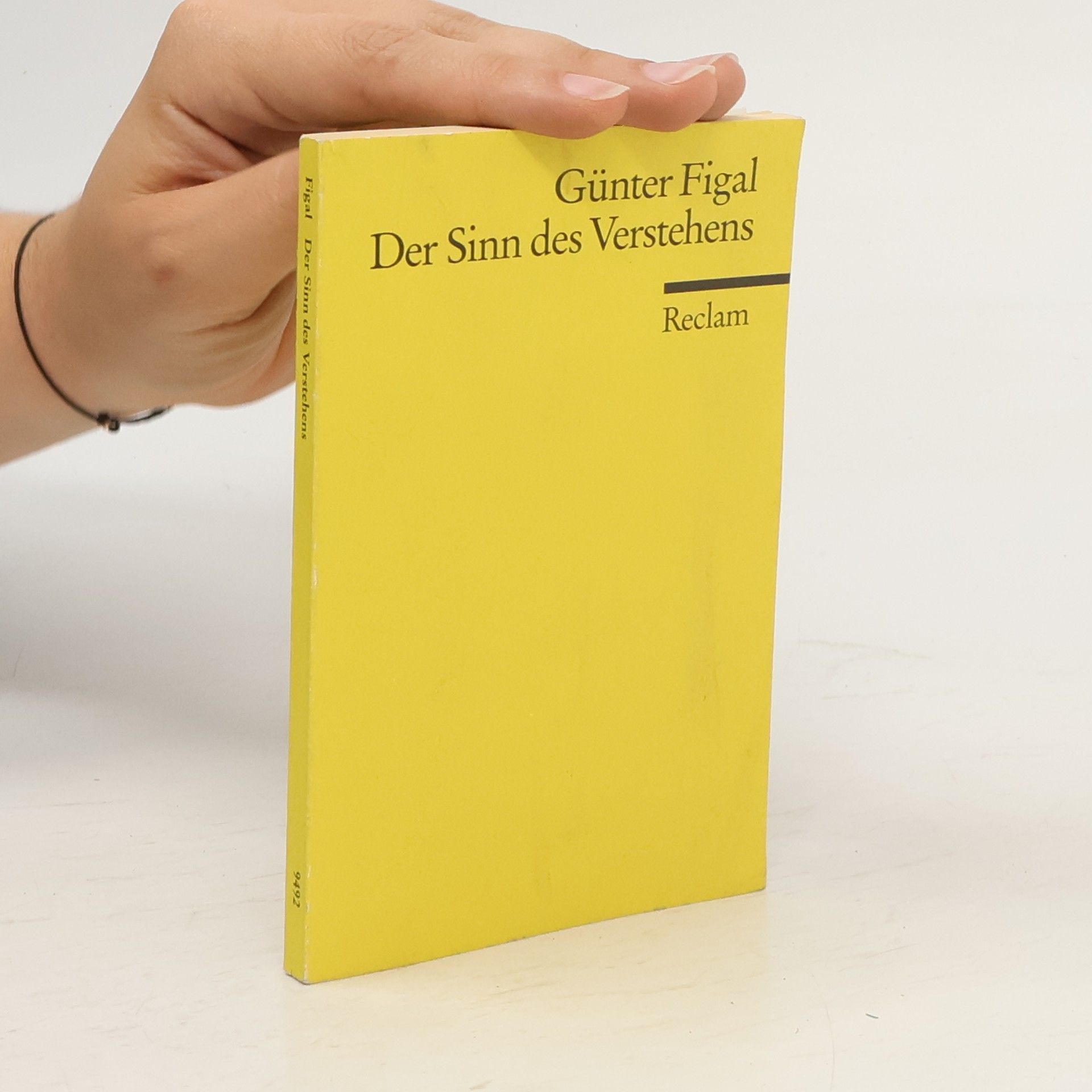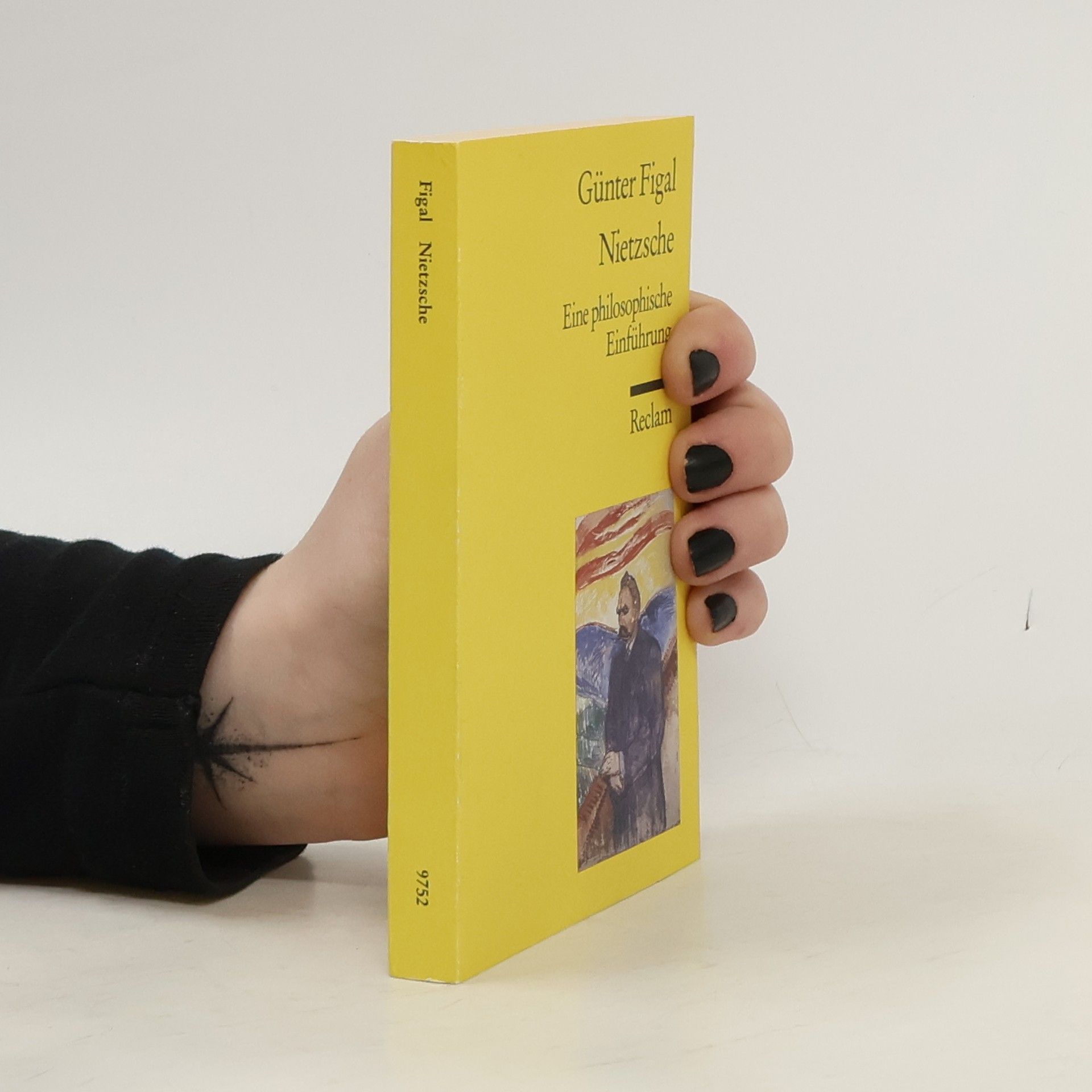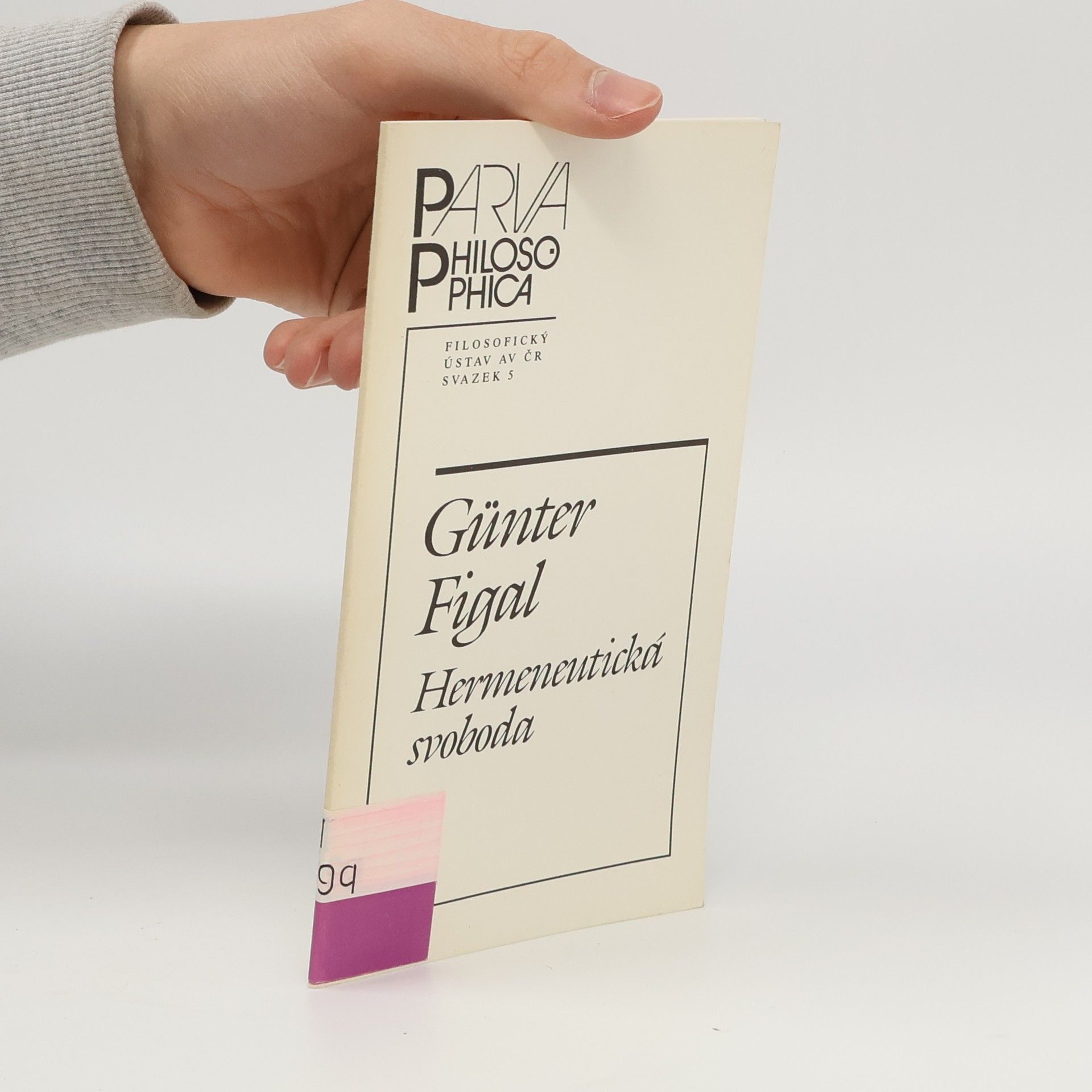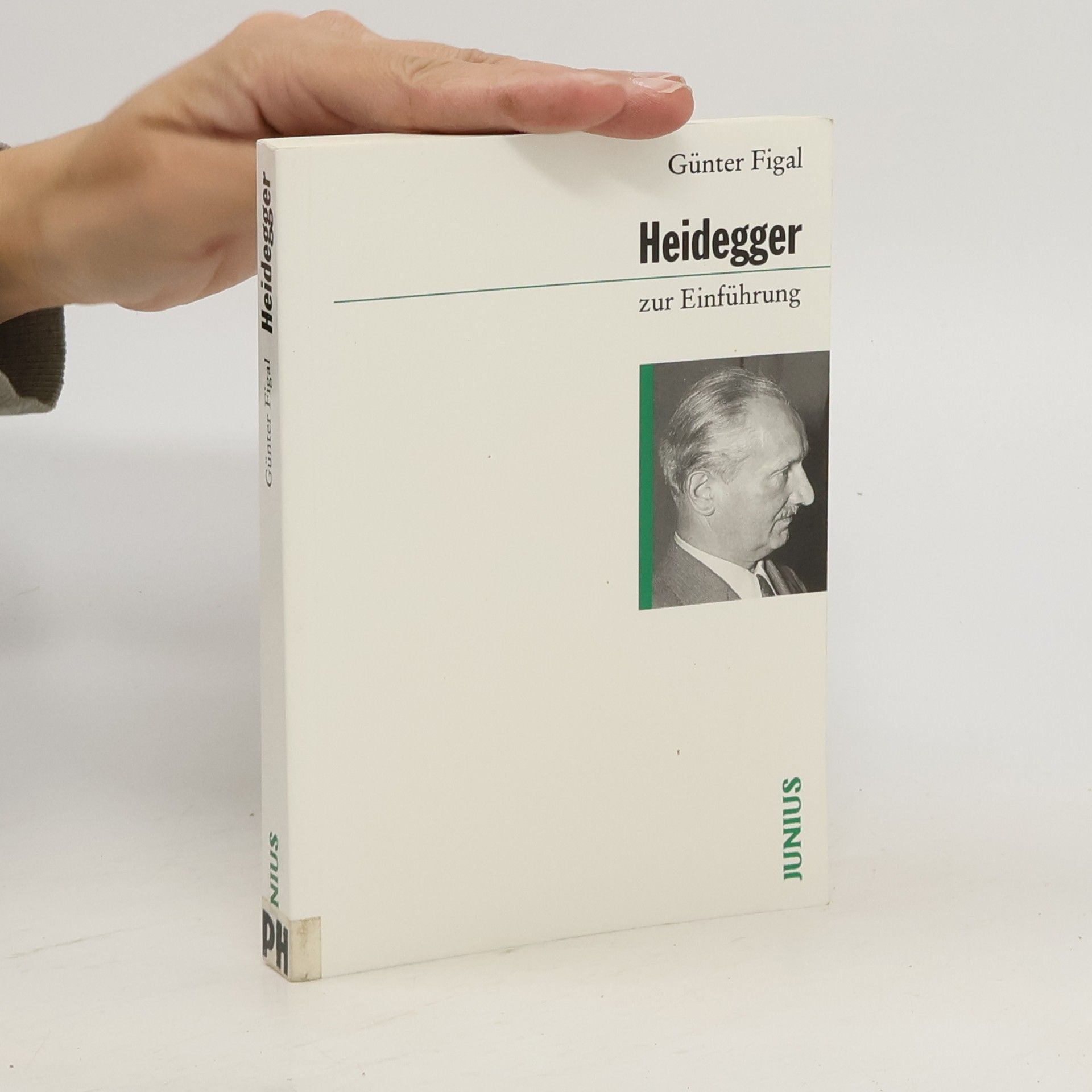Hans-Georg Gadamer - Wahrheit und Methode
- 256pagine
- 9 ore di lettura
In seinem 1960 erschienenen Hauptwerk „Wahrheit und Methode“ nimmt Gadamer die bis in die Antike zurückreichende hermeneutische Tradition auf, um vor allem im Anschluss an Hegel und Heidegger eine philosophische Hermeneutik zu begründen. Das Buch brachte seinem Autor internationalen Ruhm, und die philosophische Hermeneutik ist eine der maßgeblichen Konzeptionen der neueren Philosophie geworden. Nach wie vor bildet „Wahrheit und Methode“ den Ausgangspunkt für eine philosophische Klärung des Verstehens und seiner von Gadamer behandelten Ausprägungen in Kunst, Geschichte und Sprache. Der vorliegende Band rekonstruiert und diskutiert in Form eines kooperativen Kommentars, der Gliederung des Werkes folgend, Gadamers Gedankengang, zeigt aber auch die Perspektiven einer Philosophie auf, die sich gegenüber ihrem eigenen hermeneutischen Charakter nicht verschließt. MIT BEITRÄGEN VON: Damir Barbaric, Donatella di Cesare, Luca Crescenzi, Guy Deniau, Ralf Elm, Günter Figal, Hans-Helmuth Gander, Arnd Kerkhecker, Friederike Rese, John Sallis, Dennis J. Schmidt und Michael Steinmann

